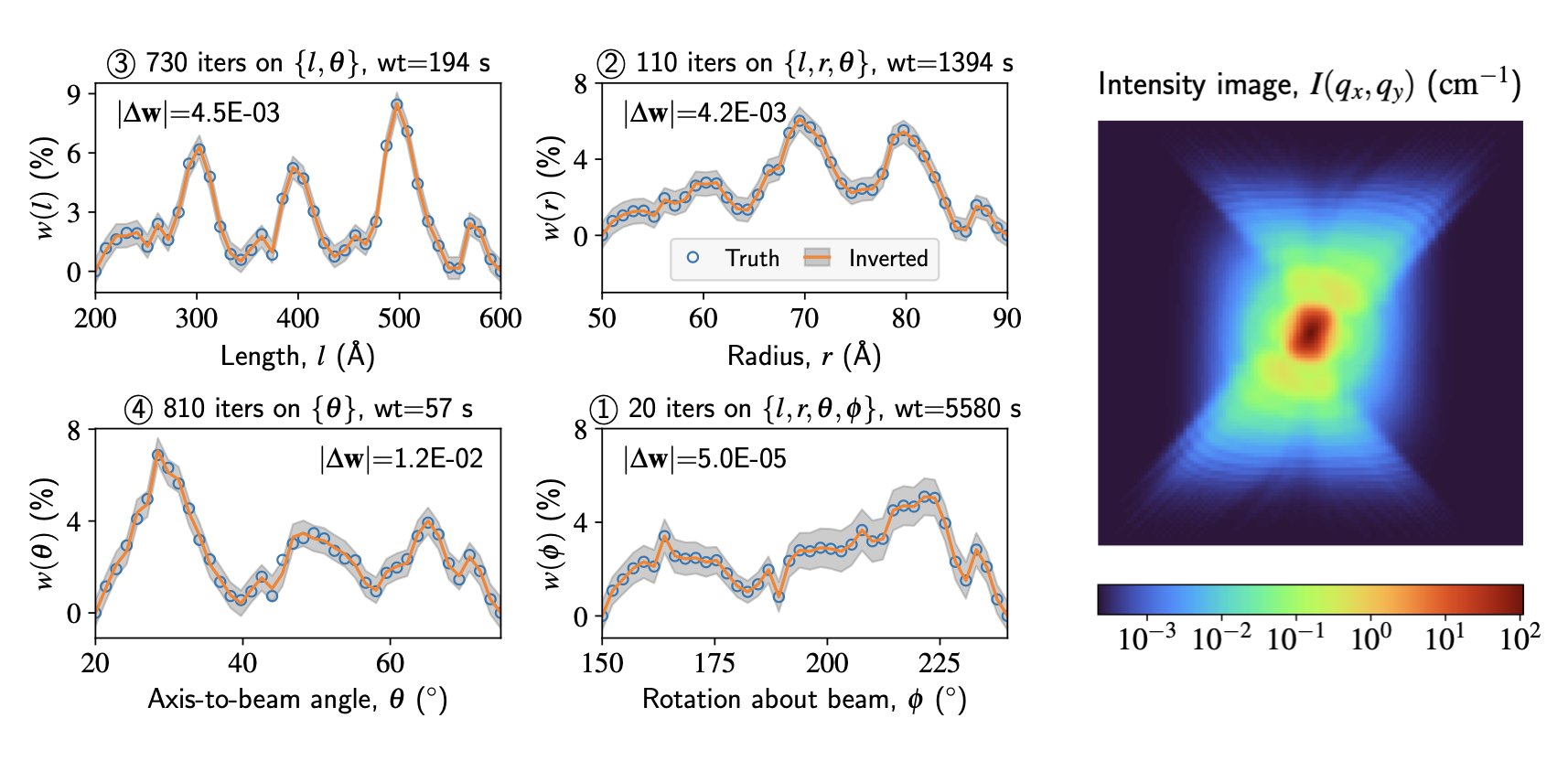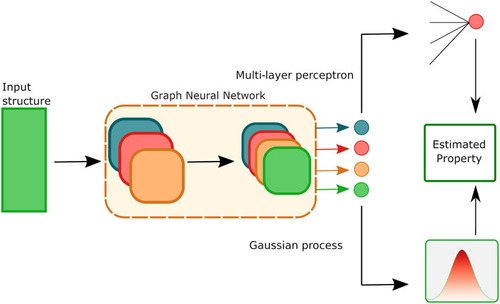As such, the mission of the group is to explore how the use of Machine Learning and other AI technologies can help scientists analyse the vast amounts of experimental data now being routinely generated by the large experimental facilities at the Rutherford Appleton Laboratory (RAL) and STFC’s Harwell campus. With the rapid development in detector technologies and the emergence of new experimental techniques, such as cryoEM, and accelerated detection rates, there are now major challenges for scientists to manage and process very large datasets. We develop and apply various state-of-the-art machine learning or AI technologies to accelerate the process of scientific discovery. SciML routinely works with beamline scientists from various facilities at RAL, such as
Diamond Light Source,
Central Laser Facility ,
ISIS Neutron and Muon Source,
Technology Department, and
NERC's Centre for Environmental Data Analysis and their
JASMIN service. The group provides a national AI computing service for the Alan Turning Centre and STFC researchers working on AI for Science along with various training courses on scientific machine learning.
SciML is a partner with the
Alan Turing Institute in their
‘Data Science for Science’ theme, and is a Turing Hub at Harwell. We have a number of strong links and collaborations with various national labs in the US. Our activities at RAL complement the predominantly industry-focused work of the Data Science Group at the
Hartree Centre, and the two groups collaborate in several joint activities.
SciML Software
Work led by Kuangdai Leng developing new software for small angle scattering data analysis has recently been released as the ffsas Python package. FFSAS is a python library for the inversion of parameter distributions of a polydisperse system in small-angle scattering (SAS) experiments. In FFSAS, the formulation of the inverse problem is physics-independent, covering SAS models with an arbitrary number of polydisperse parameters and both 1D and 2D intensity observations. Employing a versatile trust-region method as the underlying NLP solver, it simultaneously optimises all the polydisperse parameters in free form, achieving high accuracy and efficiency based on a series of theoretical and computational enhancements. The figure shows a large-scale synthetic test on polydisperse cylinders, where we accurately recover the four model parameters on the left using the theoretically-predicted intensity image on the right.

SciML Publication

Our latest research looks at combining graph neural networks (GNNs) with Gaussian processes to perform active learning of materials properties. GNNs provide a powerful intuitive route to featurising material structures, while Gaussian processes provide estimates and uncertanties that allow us to identify the optimal next material to investigate in order to improve the model generalisability. Read more in J. Chem. Phys.
Welcoming new group members

The SciML team are delighted to welocme our latest group members. Hattie Stewart, Michael Norman and Ben Winter from the Data Intensive CDT, as well as Andy Sode Anker from Copenhagen University are all joining us for 6 month projects to work on a varity of exciting topics. We are really looking forward to the exciting work that we will do over the next 6 months.
SciML Projects
SciML has a wide range of active projects using machine learing to enhance fundamental scientific research. We work with a diverse range of partners based at the Rutherford Appleton Laboratory and beyond. Find out more about more about our portfolio of projects on our Research Projects Page.
We
run a weekly seminar series welcoming talks covering a broad range of
topics in machine learning and its applications to science from both
internal and external speakers. Information on past and upcoming
seminars can be found here.
Training Courses
As a group, we offer various training courses focussed on AI for Science. For more information on training, please contact us.
PEARL AI Service
The PEARL service, provided through a collaboration between The Alan Turing Institute and Science and Technology Facilities Council, is a state-of-the-art GPU-based system for AI and machine learning research. The system includes two NVIDIA DGX2 nodes, and a 600TB storage, linked by a fast interconnect. The system has several thousands of GPU cores, and a large amount of memory to support most AI or machine learning operations, such as training on large datasets. You can apply for access to PEARL here.
